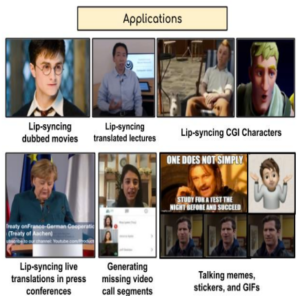Concussion prevention and treatment essential
December 12, 2016
By MARK STOSKOPF
The Mirror reporter
Concussions have always been a problem in sports but in the past ten years, the number of concussions has doubled.
What is a concussion? A concussion is a bump, blow, or jolt of the head that causes the brain to move quickly within the skull. A concussion is also known as mild traumatic brain injury (MTBI).
Even a small jolt of the head can be very serious.
Some of the symptoms of a concussion consist of headache, nausea, fatigue, confusion or memory problems to name a few. Symptoms of concussions are usually felt right after the blow, but sometimes, they are not felt until days or even weeks later.
Brett Hiess, a hockey player at Stevens Point Area Senior High (SPASH) recently suffered from a concussion. He was out for three weeks before returning to play. “I do not remember anything after the hit, but I do know I felt the symptoms right way,” Hiess said.
There is a risk for a concussion in almost every sport. In high school sports, football is responsible for 60 percent of concussions.
The leading cause for concussions for men is football. For women, soccer accounts for a majority of concussions.
There are many ways to prevent concussions.
One way is to play by the rules. It is beneficial for young athletes to learn to respect the rules of the sports they participate in.
Another way to prevent concussions is to wear proper equipment and make sure it fits properly. If a helmet is loose, the likelihood of getting a concussion is greatly increased.
In addition, learning proper technique in all sport is crucial. Learning how to make or take a hit in contact sports is very important. Some organizations have limited the amount of contact allowed in practices to reduce the risk for concussions.
There are many methods to help one recover from a concussion.
First, it is very important to get as much rest as possible.
People should avoid activities that are physically demanding or require a lot of concentration. Activities like these can slow the recovery period and make the symptoms worse.
When someone gets a concussion, their reaction time decreases. It is recommended to see a doctor to determine if driving is safe. “I didn’t drive for one week after my concussion,” Hiess said.
When returning to school, talk to the teachers and explain what happened. “I am still a little behind in school but all of my teachers have been very understanding,” Hiess said.
Make sure to talk to a doctor, family and close friends with difficult decisions.
Lastly, once cleared by a doctor, return to normal activities gradually, not all at once.
“I slept a lot, stayed in a dark room. I stayed away from screens, electronics, and loud noises,” Hiess said.



































































